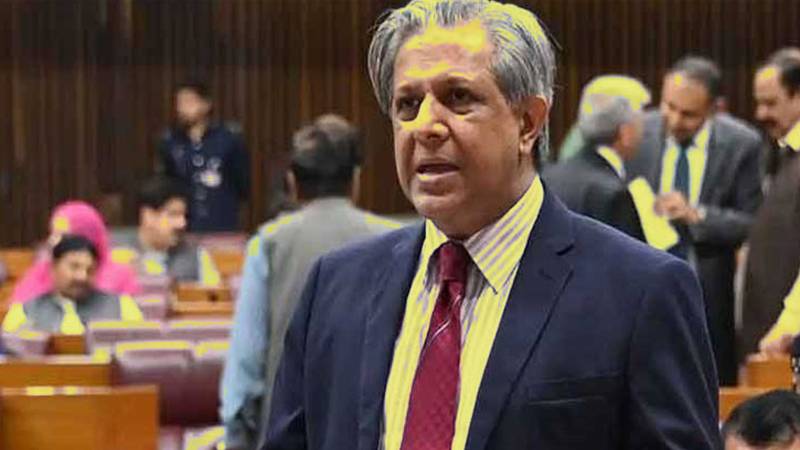
In response to the Pakistan Tehreek-e-Insaf (PTI) party's plan to challenge the recently passed 26th Constitutional Amendment, Law Minister Azam Nazeer Tarar stated that such an amendment, made by parliament with a two-thirds majority, cannot be challenged in court.
He explained that Article 239 of the Pakistani Constitution allows parliament to amend the Constitution, and Clause 5 clearly states that no amendment can be questioned in any court.
Tarar highlighted that Clause 6 reinforces this by stating there are no limits on parliament's power to amend the Constitution. Initially, the government considered setting up a constitutional court, a proposal supported by Pakistan People’s Party (PPP) Chairman Bilawal Bhutto-Zardari. However, after a meeting with JUI-F leader Maulana Fazlur Rehman, the plan shifted to forming constitutional benches instead, which the government approved.
He mentioned that the Judicial Commission of Pakistan (JCP), led by the Chief Justice, has the authority to appoint judges to these constitutional benches. If a petition is filed regarding the interpretation of the Constitution or attempting to overturn the amendment—which, according to Article 239, is not possible—it would be handled by a larger constitutional bench formed by the JCP.
A day earlier, PTI leader Shoaib Shaheen announced the party's intention to challenge the 26th Amendment in the Supreme Court, calling it an "attack" on the judicial system. This amendment gives parliament the power to select the next Chief Justice of Pakistan from the three most senior judges and makes several changes to the judicial system, including removing suo motu powers and evaluating high court judges’ performance. Following this, Justice Yahya Afridi was nominated as the next Chief Justice, and President Asif Ali Zardari approved his appointment.
